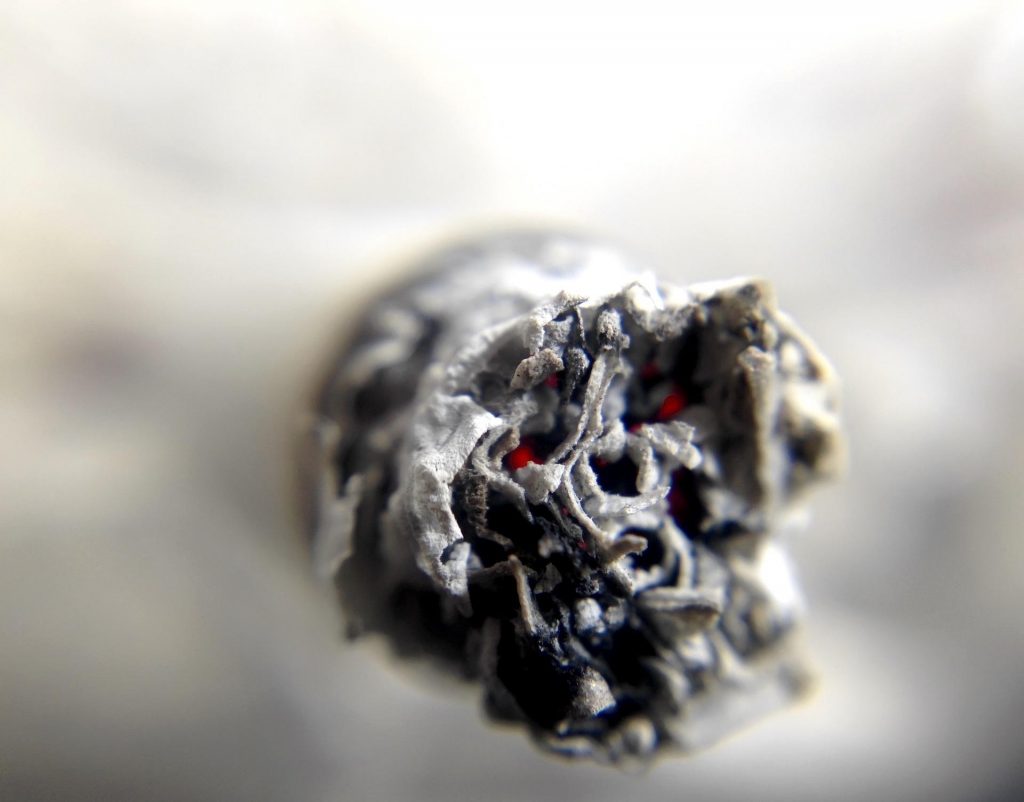- Call Us For A Free Consultation (877) 567-5293 Habla Espanol
How Might New Jersey Traffic Laws be Amended if Recreational Marijuana Use is Legalized?
What Industry has the Highest Rate of Workers’ Compensation Claims?
April 10, 2018What are the Benefits to New Jersey Drug Courts for those Accused of Drug Offenses?
April 20, 2018
With the election of a new governor in the state of New Jersey comes the promise of big changes in many different policy areas. Phil Murphy ran on a platform that included fully funding schools and pensions, raising the minimum wage, and legalizing recreational marijuana. This last promise was based on Murphy’s social justice philosophy, but in doing so may introduce a number of unexpected legal challenges that may end up leading to amended traffic laws in the state revolving around Driving Under the Influence (DUI). According to a report published by the Highway Loss Data Institute, there has been a 3 percent increase in the collision claim rates in the states of Colorado, Oregon and Washington, all of which recently legalized recreational marijuana use. Though other studies contradict these findings, the president of the Insurance Council of New Jersey, Christine O’Brien, says that her members are anticipating an increase in the number of crashes if the state does legalize marijuana use. To prevent injuries, the state is considering whether legislators should codify an impaired driving standard for drug use. The states of Colorado and Washington have already done that, establishing a standard of five nanograms of THC per milliliter of blood as a standard. In New Jersey, there is talk of following the other states’ lead, which is similar to the Blood Alcohol Content standard that is used for determining whether a driver has too much alcohol in their system. There is also discussion of simply training police to recognize impaired driving caused by marijuana use, which is currently interpreted as when a driver drives erratically, has slurred speech and bloodshot eyes, and smells of marijuana. Having such a loose and subjective standard is likely to make it extremely difficult for the state to prosecute and win DUI charges, and the disparity between that standard and what is applied to the use of alcohol makes it likely that New Jersey lawmakers will indeed adopt the use of an objective scientific test. According to experts, operating a vehicle while under the influence of marijuana has less of an impact on driving skills than is true of alcohol-impaired drivers. Still, if marijuana is legalized there is a good chance that there will be more people charged with DUI while legally using marijuana. If you find yourself in this circumstance, contact us to set up an appointment for experienced DUI representation.


